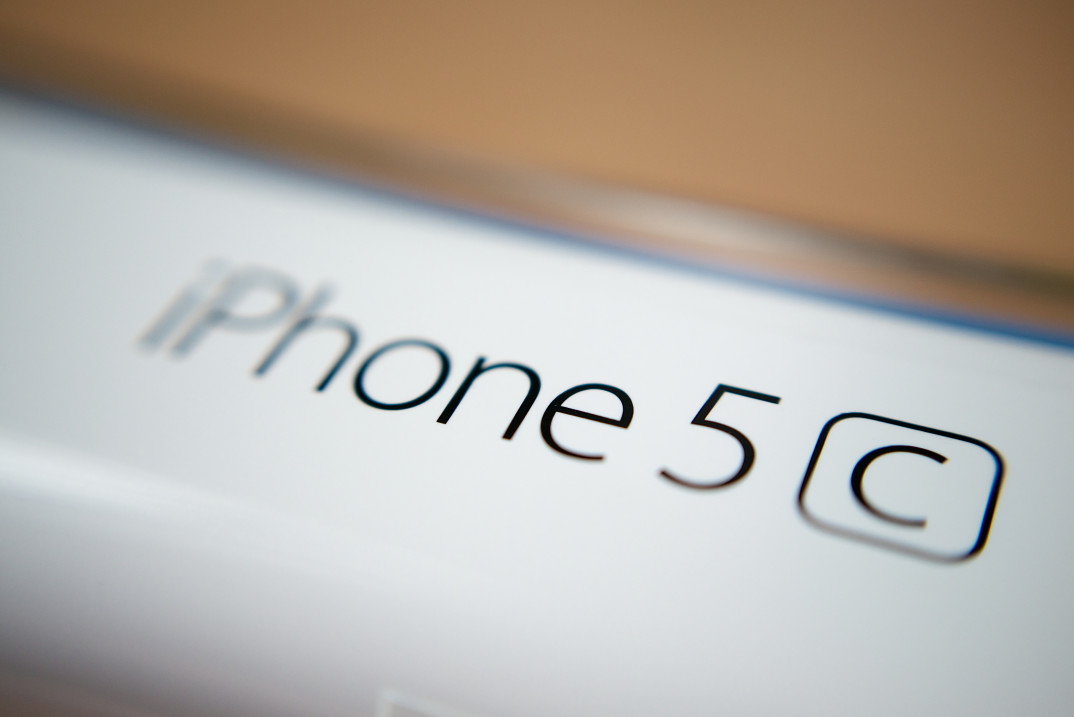A few months ago, the San Bernardino Shooting, the deadliest terror attack on American soil since 9/11, took place when Syed Rizwan Farook and his wife Tashfeen Malik burst into an office party at Farook’s job, armed with semi-automatic weapons and dressed in black ski masks and tactical gear. Sixty-five to seventy bullets ripped through the crowd, seriously injuring 22 civilians and leaving 14 dead. Before being killed in a shootout with the police, the couple posted a message to Facebook pledging allegiance to the Islamic State. In the suspects’ destroyed car, investigators found an iPhone belonging to Farook. The battle between the FBI and Apple over the decryption of this device has brought this incident back into the news.
Forbidden Fruit: Apple, the FBI and Institutional Ethics
Your birthday, a pet’s name, or the nostalgia of a high school sports number; the composition of our iPhone password can seem so simple. But a recent case levied by the FBI against Apple has led to a conflict over the integrity of these passwords and sparked debate concerning privacy and security. A California court ordered Apple to produce a feature that would circumvent software preventing the FBI from accessing the phone of Syed Farook, who, along with his wife, committed the San Bernardino terrorist attacks. The couple died in a shootout following their heinous assault, and their electronics were seized by the FBI. They had smashed their cell phones and tampered with their laptop hard drive, but Farook’s work phone, an iPhone 5c, was found undamaged in his car.
Continue reading “Forbidden Fruit: Apple, the FBI and Institutional Ethics”


